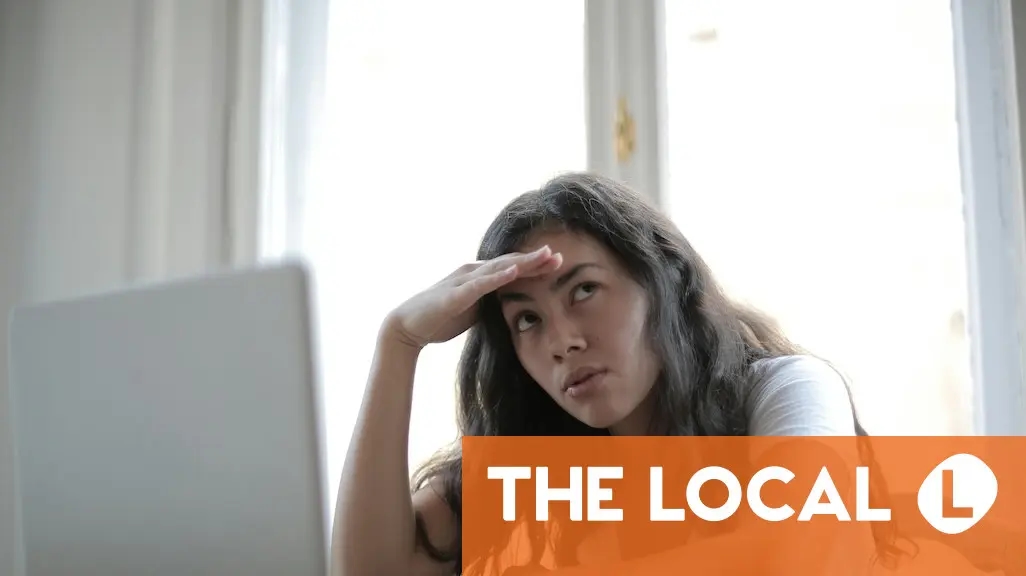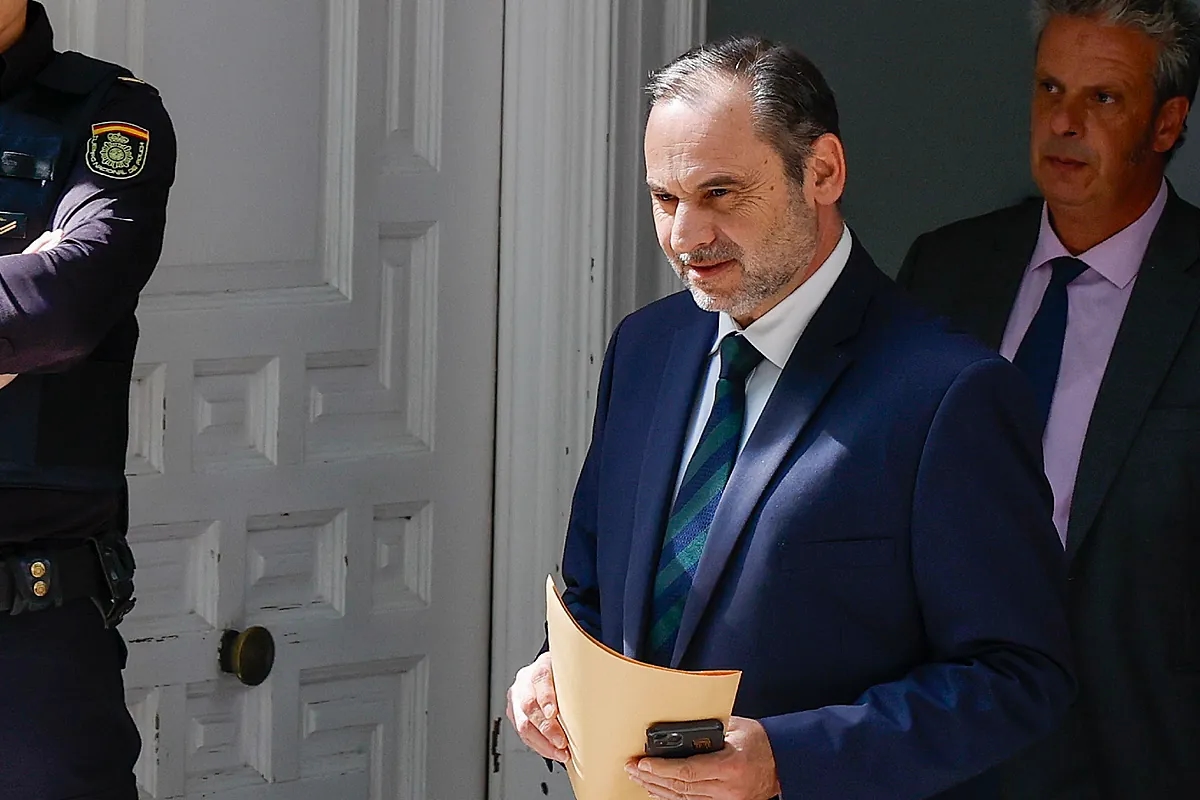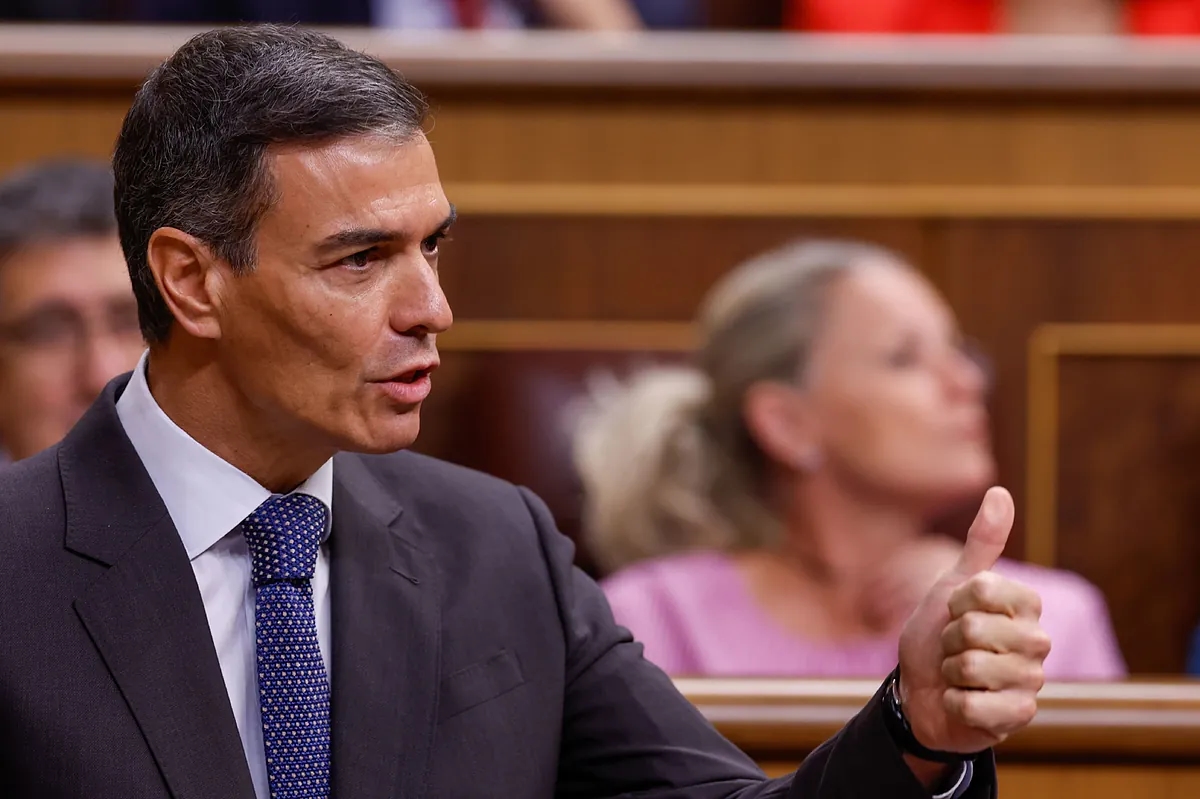Koldo arrives at the Supreme Court to appear after the report identifies him as the "manager" of Ábalos's "opaque" funds.
Wearing a beret and carrying a backpack, he arrived by taxi shortly before 10:00 a.m., the scheduled time, accompanied by his lawyer, Leticia de la Hoz, and without making any statements to the press. However, outside the lawyer's office, when asked by the media about the backpack, he replied that he is a "cautious man."
The Supreme Court's investigator in the Koldo case, Leopoldo Puente, summoned García to court again after receiving a new report from the UCO (Central Court of Justice) stating that he "acted as custodian and manager of Ábalos's money," meaning that "part of the latter's expenses were covered and settled" by his advisor "with a view to eventual institutional restitution."
The UCO pointed out the existence of a cash reserve that would not be supported by the former socialist leader's regular income and which Koldo would use to cover payments that would be due to his then boss, such as child support, child support for his domestic worker, or gifts for his partners.
Furthermore, the Civil Guard reported that the PSOE paid both Koldo and Ábalos in cash, delivered in envelopes. Some of these payments, she explained, were supported by documentation provided by the Socialist Party as compensation for expenses, but others were not.
The UCO detailed that Koldo and his then-wife, Patricia Uriz, verbalized in their WhatsApp conversations that part of the money they managed, in cash or through their accounts, was not theirs, but Ábalos's, and that they referred to him as "chistorras" (500-euro bills), "soles" (200 euros), and "lechugas" (100 euros).
However, the judge believes that Ábalos and Koldo "may have engaged in opaque methods of communicating their respective assets, indiscriminately receiving irregular and opaque income from various sources, possibly resulting from the commission of the serious criminal offenses attributed to them."
Ábalos appeared this Wednesday regarding these events and, unlike the three previous occasions, this time he chose to remain silent. According to legal sources consulted by Europa Press, he claimed that he felt defenseless for not having a lawyer he trusted, given that he was assisted by his current lawyer, José Aníbal Álvarez, whom he tried to resign last Monday due to "irreconcilable differences," but the judge refused to allow him.
Koldo, who testified last December in his first appearance as a defendant before the Supreme Court in the case he bears his name, had already opted to remain silent last June. This time, he is also expected to remain silent, according to the sources consulted.
Koldo, ready to go to prisonThis Thursday, the former ministerial advisor will also face a hearing to review the precautionary measures he has been under since last February: a ban on leaving the country, revocation of his passport, and biweekly court appearances.
In Ábalos's case, the popular accusations led by the People's Party (PP) requested his remand in custody this Wednesday, something the Anti-Corruption Prosecutor's Office opposed, despite finding a flight risk and strong evidence against him. The judge followed the Public Prosecutor's Office's line, simply confirming the current precautionary measures.
However, he warned that, like the prosecutor, he observed a "growing" risk of flight, which he assumed could continue to increase as the evidence strengthens and the eventual trial draws near. At that time, he warned, he could adopt "more serious precautionary measures."
Sources close to García claim he is ready to be remanded in custody, a measure that has so far only been successful in the case of former PSOE Organization Secretary Santos Cerdán, due to the risk of flight and the destruction, concealment, and tampering with evidence due to his "leading role" in the alleged scheme to collect kickbacks in exchange for public works.
In a final move by his defense, the former advisor asked the Supreme Court last Tuesday to annul and archive the investigation into everything that the Congress of Deputies had not expressly authorized when granting the request to investigate Ábalos, the only person with special jurisdiction in the case and the reason why García is also being investigated by the Supreme Court, in addition to the National Court, where the investigation began.
In its brief, to which Europa Press has had access, the defense argues that anything that exceeds the parliamentary mandate should be excluded from the Supreme Court's investigation, meaning the high court could only investigate the alleged irregular awarding of contracts to purchase medical supplies during the pandemic to a company linked to the alleged mastermind of the scheme, Víctor de Aldama.
According to this reasoning, Puente should request as many requests from Congress as there are separate facts to investigate, including Koldo's alleged efforts, under Ábalos's direction, to place Jésica Rodríguez, the former minister's ex-partner, in public companies, or the alleged rigging of public works.
A fragmented causeIt's worth remembering that the case began in the National Court, focusing on the awarding of contracts to Soluciones de Gestión, a company linked to De Aldama, to purchase face masks. However, since it reached the Supreme Court almost a year ago, the case has become increasingly complicated, also revealing the existence of possible irregularities in public works contracts.
The complexity added by this second derivative led Puente to divide the case, opening a separate section to specifically investigate the alleged kickbacks for construction work and leaving everything else in the main section.
In taking this step, the judge stated that his intention was to expedite the investigation into the main part, with a view to concluding it soon, given that the investigations into public works are still in their initial stages.
Expansion





